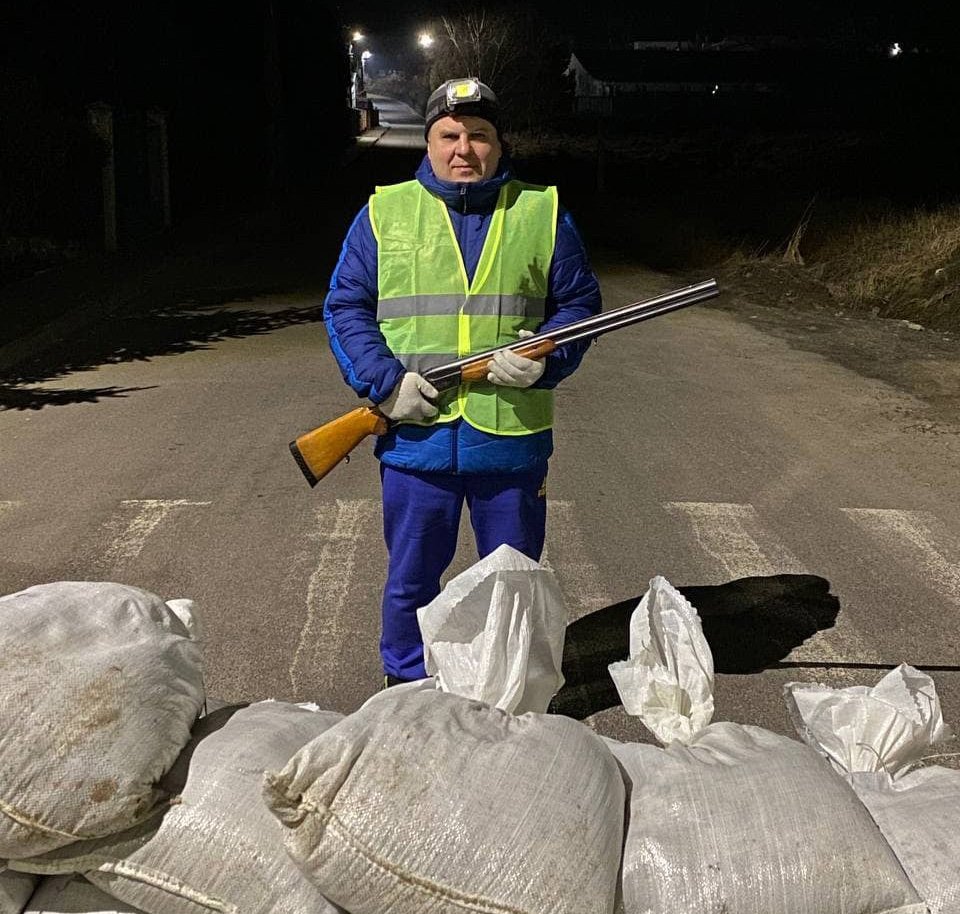The Ukrainian chess team’s captain demonstrates the art of endgame play and explains why, even in time of war, his country is determined to keep fielding teams in international competitions
In a bonus edition of KCC Online, we invited Ukrainian grandmaster Oleksandr Sulypa to give a talk on calculations in the endgame. Oleksandr is coach and captain of the Ukrainian chess team, which is one of the top national teams in the world. They are current European champions and regularly feature on the podium in world and European championships. Sixteen Kingston club members attended the Zoom talk, which was well received and left a few of us wondering if we should brush up on our endgame theory in preparation for the 2022/23 season, when we will be playing a division higher.
In the well-researched talk, a number of important themes emerged. When we reach the endgame, there is usually not much time to consider the moves and hence knowing some solid endgame theory is invaluable. The strongest theme harkens back to Capablanca’s Chess Fundamentals – the importance of passed pawns. Once a pawn gets near the queening square, all sorts of tactics arise. Our first position was White to play.
Somkin, E v Vinogradov, D, Chelyabinsk 2005
A neat combination secures the win. 1. Nb6 axb6 2. Rd8+ Rxd8 3. Bxd8 and the rook pawn will promote.
We examined more than a dozen positions, analysing the tactical motifs in the endgame. It is recommended to start with studying rook endgames, since they are so prevalent – Oleksandr estimated that rook endgames accounted for 80% of all endgames. Whilst chess generalisations always have exceptions, it is hard to find exceptions to the rule that the rooks should be active. Don’t worry about saving or winning a pawn if you can get your rook active. One position caught the eye because one of the protagonists, GM Bogdan Lalić, is the father of one of our club members, rising star Peter Lalić.
Qendro, L v Lalić B, Bratto, 1995
The temptation to win a pawn by 1. f4 is strong, but would be a losing move after the response Rb2. The white rook must be activated immediately by 1. Ra8, after which analysis showed that Black cannot win.
Perhaps the most impressive endgame in Oleksandr’s talk was played by Vasyl Ivanchuk, as White against Levon Aronian, then of Armenia, at Linares in 2007.
Most club players would not think twice before playing 1. Rac1, but the Ukrainian number one had other ideas and played 1. Rcc1! This looks counter-intuitive, but is actually the start of a plan to play against Black’s isolani on d5. White drove away the temporary infiltration on his C-file and then won the endgame comfortably. Oleksandr was second and trainer to Ivanchuk from 1994 to 2001, when Ivanchuk reached world number 2.
An important conclusion from the lecture is that endgame positions do not always require heavy calculations if you can form a plan. For bishop endings, especially with opposite-coloured bishops, forming a plan is not so difficult. For example, If you know that your king needs to get to the corner square where it cannot be checked by the bishop, then you have a plan.
At the end of the talk, there was a more general discussion. What is his favourite chess book? My 60 Memorable Games by Bobby Fischer. During Soviet times the book was banned and so was held in particularly high regard. We also asked Oleksandr about the recent photo of him which went viral.

Oleksandr explained that in the immediate aftermath of the Russian invasion, he joined the territorial army and manned a checkpoint in Lviv. He is currently in Poland, with government permission, so that he can organise a Ukrainian team to play in international competitions – notably the forthcoming chess Olympiad in India, which starts on 28 July. Ukraine’s government is determined to show that, even in time of war, life – and chess – go on. This is a way of showing that the country is still functioning and preparing for a world beyond war. Several of the Ukrainian team’s key players have been dispersed throughout Europe, and Oleksandr is doing what he can to make sure they are ready for the Olympiad. If hostilities return to his home city, Oleksandr said he would return to do his duty.

Oleksandr was impressed that Kingston play chess in a pub and related a chess anecdote. As a boy, he had operated the demonstration board at a tournament where former world champion Mikhail Tal was playing. Tal called him over, “Boy, fetch me a coffee, mixed with some cognac.” The Kingston club committee encourages players to buy a drink, but does not stipulate that it needs to contain alcohol. Cognac does not necessarily lubricate chess genius: we are sadly not all Tals.
The Kingston club intends to stay in touch with Oleksandr, and offer any assistance it can to him and the Ukrainian team as it struggles to carry on functioning in the face of war. It might seem odd to be playing out pretend attacks and sacrifices at a time when real ones are bloodily taking place on a daily basis. But sometimes the assertion of normality in the face of brutality can itself be an act of resistance.
John Foley, chair of Kingston Chess Club
